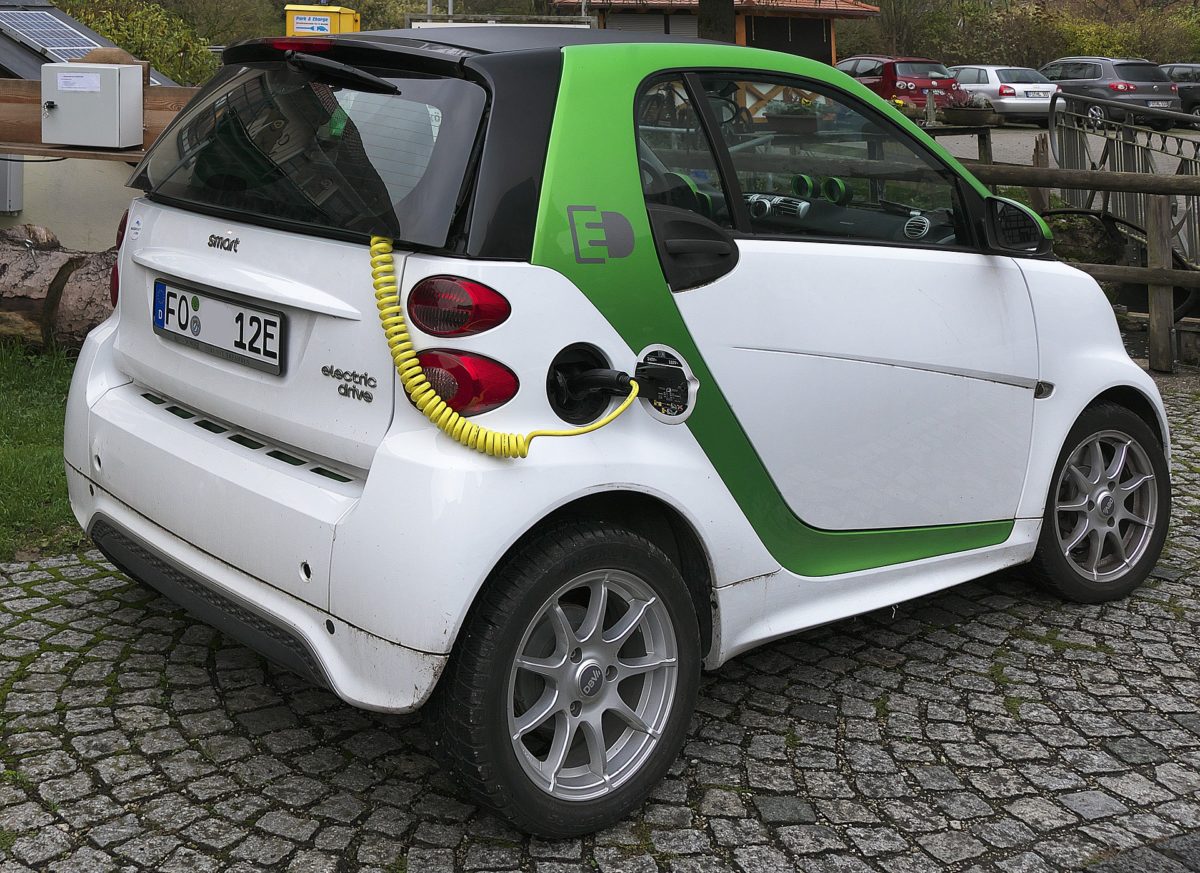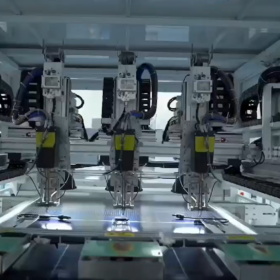Engineering and manufacturing major Bharat Heavy Electricals Limited and the Automotive Research Association of India (ARAI) have signed a memorandum of understanding to cooperate on e-mobility related projects.
Bharat’s strength as a technology developer and ARAI’s advanced facilities and expertise in the design, testing and certification of mobility products would combine to drive innovation in electric and trolley buses, electric vehicle chargers, and battery and charger testing.
Bharat, India’s largest power equipment manufacturer, recently entered the e-mobility sector as part of a diversification initiative and has undertaken manufacturing of EV chargers, electric buses and related components.
The company is setting up solar-based electric vehicle charging stations on the Delhi-Chandigarh highway under the Faster Adoption and Manufacturing of (Hybrid) & Electric Vehicles in India scheme being run by India’s Department of Heavy Industry.
The establishment of EV chargers at regular intervals along the entire 250km stretch of road between Delhi and Chandigarh will allay range anxiety among the EV users and bolster confidence for inter-city travel. Each solar charging station will be equipped with a rooftop PV power plant to supply green energy.
Battery gigafactory plans
Bharat’s scope of work includes the design, engineering, manufacture, supply and installation of EV charging stations along with a central monitoring system featuring a mobile app.
The company is also in talks with Australian business Libcoin about a joint venture to establish a 1 GWh production capacity lithium-ion battery plant in India that would eventually be scaled up to 30 GWh.
The planned partnership would focus on manufacturing core components domestically to create an integrated manufacturing ecosystem to produce cheaper EV batteries. The project would take an holistic view of the supply chain in combination with digital technologies to replace capital and operating expenditure-intensive processes.
Magnis Energy – which has a 20% stake in Libcoin – and other stakeholders have been working on India’s first lithium ion battery gigafactory for 12 months. The consortium believes India is going to be a significant market for lithium-ion battery manufacturing, especially as production facilities would align with the government’s “Make In India, for India” program.
This content is protected by copyright and may not be reused. If you want to cooperate with us and would like to reuse some of our content, please contact: editors@pv-magazine.com.









3 comments
By submitting this form you agree to pv magazine using your data for the purposes of publishing your comment.
Your personal data will only be disclosed or otherwise transmitted to third parties for the purposes of spam filtering or if this is necessary for technical maintenance of the website. Any other transfer to third parties will not take place unless this is justified on the basis of applicable data protection regulations or if pv magazine is legally obliged to do so.
You may revoke this consent at any time with effect for the future, in which case your personal data will be deleted immediately. Otherwise, your data will be deleted if pv magazine has processed your request or the purpose of data storage is fulfilled.
Further information on data privacy can be found in our Data Protection Policy.